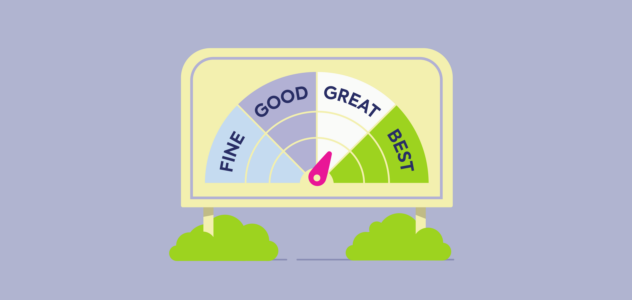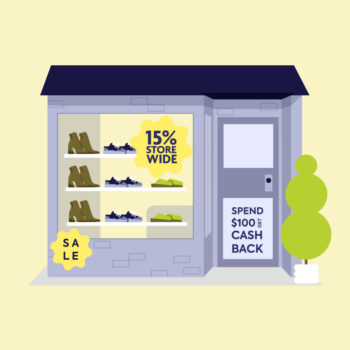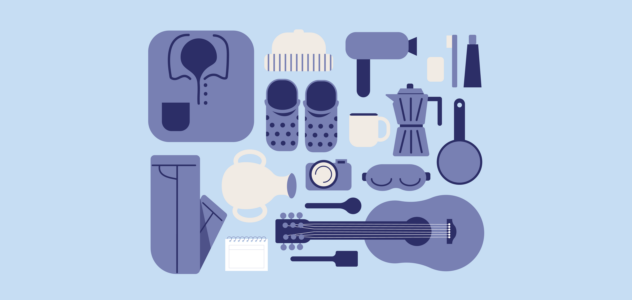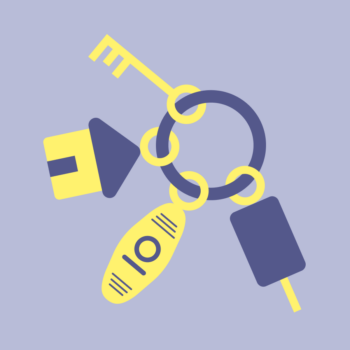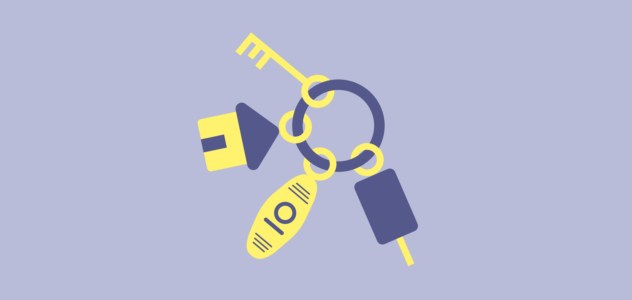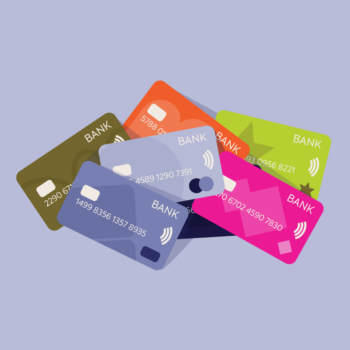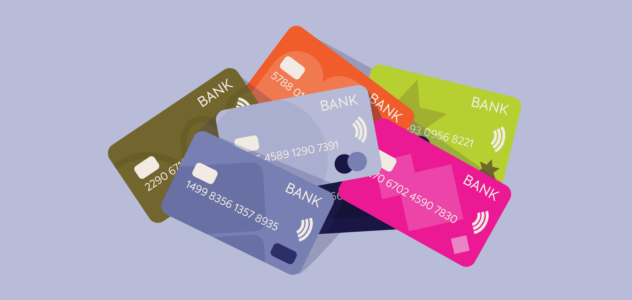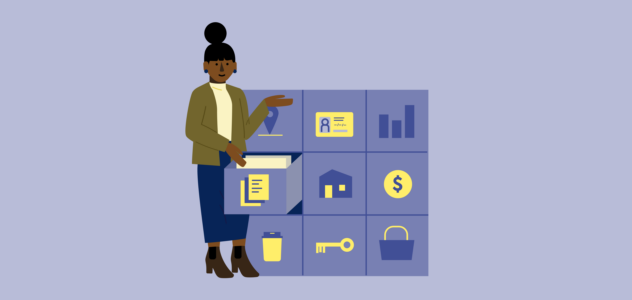Let’s face it. Banking fees really do add up. In fact, Australians paid billions ($3.9 billion to be precise1) in fees on banking products last year.
That’s an average of around $425 in bank fees per household. Sigh.
The problem with banking fees is they can be hard to find. There are lots of them. And they can sound… well, kind of scary and official. But with a little knowledge, a bit of a nudge and a few changes, you could avoid paying lots of them and save some money in the process.
Keep reading, and you’ll see how you could pay less on:
- Annual/monthly fees.
- Transaction fees.
- Exception fees.
Take control of your annual and monthly banking fees.
Tip 1.
Gone are the days where every bank or lender charged a fee for every product. More than ever, there’s plenty of low fee and no fee options across all kinds of banking products. So, when you’re looking to sign up for a banking product, make sure you shop around and look at the fees for each of the products available. With banks and lenders being eager for your business, you might be surprised how much you could save.
Tip 2.
Get rid of products you don’t need. This sounds like an obvious one, but it’s surprising how many people just don’t get around to it. If you’re not using it, why pay for it?
Tip 3.
Make sure you’re not being charged banking fees on products that should be included as a benefit or where a waiver may be available. For instance, many home loan packages come with the option of a credit card without an annual fee included as part of the package. You might also qualify for fee waivers based on your occupation –for example students, professionals and medicos.
Be smart about transaction fees.
Tip 4.
When you’re on that little overseas break, transaction fees can make a big dent in your spending money. Some charge a 3% transaction fee every time you use your card, while an overseas ATM withdrawal could cost you $5 on top of this in some cases. There are accounts with free overseas transactions, so make sure you research your options before you head off.
Tip 5.
Watch out for extra charges when you’re using a card – especially a credit card. You could be charged extra and not just on the things you buy. The Australian Tax Office, for example, charges 1.45% on the amount being paid if using an AMEX and 0.78% if using an Australian Visa credit card. This could happen on lots of your transactions – at the local café, making purchases online or paying your bills – so it’s worth keeping an eye out for these charges.
Tip 6.
ATM fees are something else that can add up. The good news is your own bank generally won’t charge you, and the major banks (Commonwealth, ANZ, Westpac & NAB) offer free ATM withdrawals to anyone using an Australian financial institution card, so it should be easy to avoid this one.
Tip 7.
Avoid cash advances. A cash advance is where you borrow cash from your credit card or make some cash-equivalent transactions on your card, rather than make a purchase. They often incur a fee (sometimes 2.5% of the amount you take out), they don’t get interest free days and can be charged a different interest rate – not good.
Stay on top of exception fees.
Tip 8.
You can avoid credit card late payment fees if you keep track of when a payment is due. Make sure you pay at least the minimum amount each month, or you could be charged $30 or more (that’s what some banks charge if you miss a payment). Many banking apps let you set alerts to remind you when payment is due. Or better still, if your credit card provider allows it, set up an auto payment and you won’t have to worry at all.
Tip 9.
Make sure you always have enough cash in your account to cover a payment, or you might be walloped with honour/dishonour/overdrawn account fees, and no one wants those.
Tip 10.
Be careful with limited use accounts. These are accounts that only let you do a limited number of transactions before fees kick in, so check your account’s terms and conditions and know what you’re up for.
1 Source: RBA Bank Fees in Australia – 18 June 2020.
Things you need to know: Lab35 Pty Ltd ABN 34 637 821 928 trading as FinspoTM (Finspo) Australian Credit Licence 521120. Information is current as at 28th July 2020. The information is general in nature. To the extent that it contains advice, it is general advice only and has been prepared without taking into account your objectives, financial situation or needs. For that reason, you should consider the appropriateness of such information, your personal circumstances and, if necessary, seek professional advice. Before making a decision to acquire any of the products mentioned, you should read the Product Disclosure Statement (if available) and product terms. Conditions and fees may apply. Neither Finspo nor any of its directors or employees (or any of their associates) receive any remuneration or other benefits in respect of or attributable to any general advice. There are no associations or relationships between Finspo (or any of its directors or employees) and any issuers of any financial products that might influence the advice given by Finspo. Nothing in this document is intended to constitute credit assistance about any products referred to. Contact us at info@finspo.com.au.








